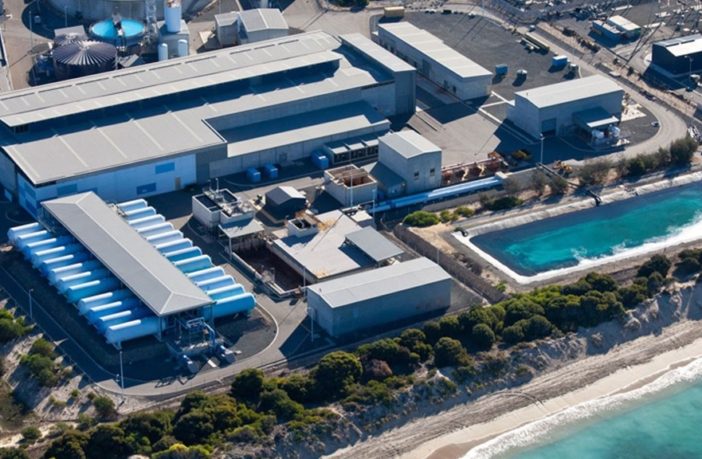Morocco is constructing the largest Seawater Desalination Plant in Africa to address water scarcity in the country, Minister of Transport and Logistics Abdelkader Amara Tuesday.
It will have a capacity of 300 million cubic meters and cost $1 billion.
Mr Amara was responding to questions from MPs who raised concerns over water scarcity in the country that has negatively affected farmers. He said that the new water project will be built in the capital Casablanca.
Early this month, Spain approved a loan of €5 million for Morocco to build two seawater desalination plants—in Assa-Zag in the Guelmim-Oued Noun region and in Moulay Brahim in the Marrakech-Safi region.
The Council of Ministers approved the loan, which Spain will grant to Morocco’s National Office for Electricity and Drinking Water (ONEE) through the Spanish Fund for the Internationalization of Enterprises (FIEM).
Minister Amara told MPs that his department has already completed a desalination plant in Chtouka Ait Baha in the Souss-Massa region.
The minister also announced the completion of works to connect the Tangier water system to the Khrofa dam, that of Agadir to the Aoulouz and Moukhtar Soussi dams, that of Targuist to the Al Hoceima dam, in addition to the hydraulic connection between the north and south of Casablanca.
The set of projects, said the official, adds to Morocco’s launch of five dams and completed construction of six dams in 2020 and the programming of five additional dams in 2021. Meanwhile, 14 other dams are currently under construction in various regions across the country.
Morocco is expected to be faced with a major water shortfall prompted by either expansion in demand for water or reduction in precipitation induced by climate change, says a world Bank report.
The report advises on investment in water use efficiency practices that save water, in particular in agricultural activities, and shifting toward more valuable and less water intensive crops to help partially mitigate the problem.







